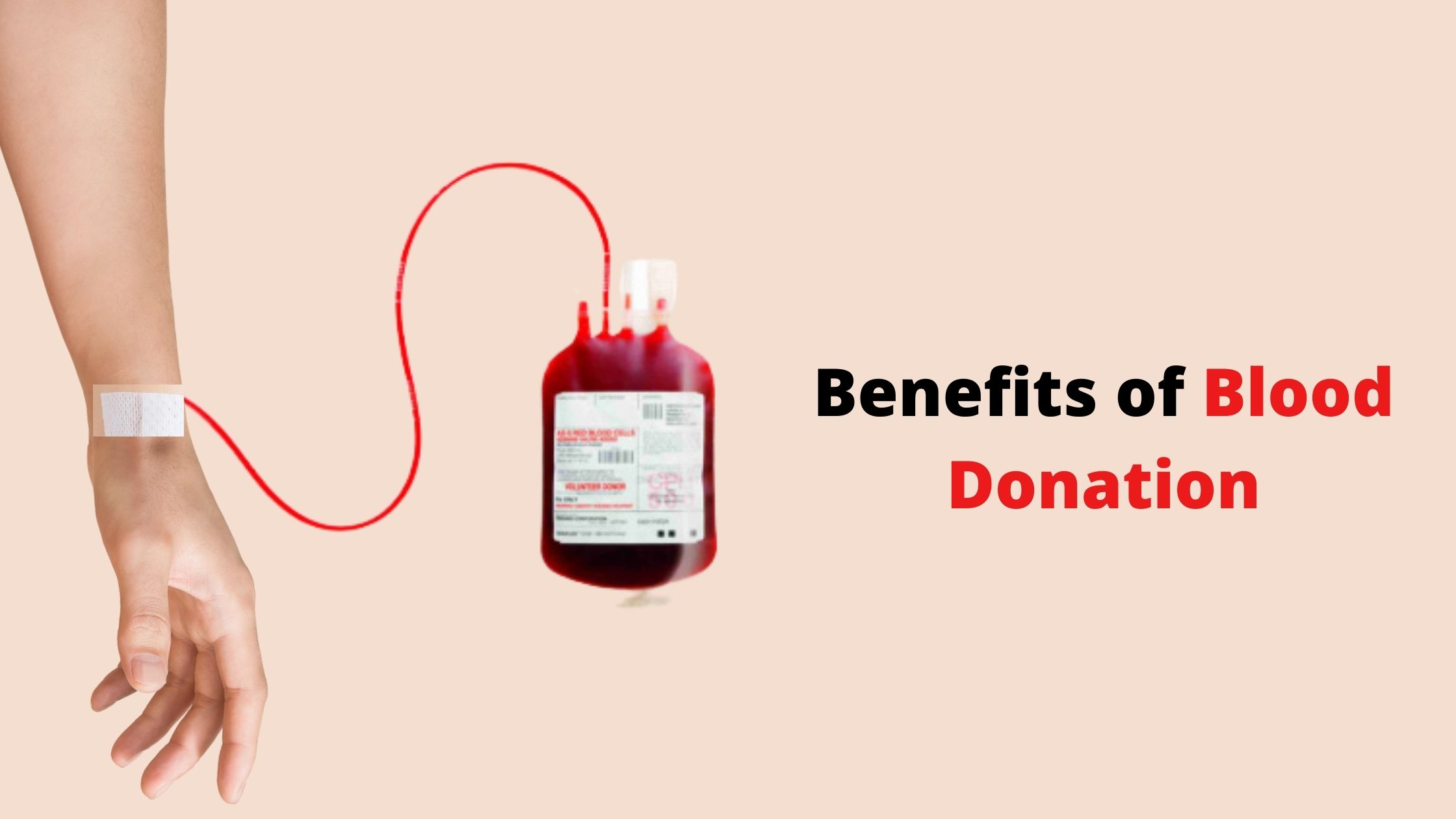The Lifesaving Ripple, Benefit of Donating Blood
Blood donation is not just a medical procedure; it’s a lifeline for many. The act of willingly giving a part of oneself to save another is a noble endeavor. In this exploration, we delve into the profound benefit of donating blood and how it contributes to the tapestry of life.
Why Donate Blood?
The Gift of Life:
The primary reason to donate blood is the unparalleled opportunity to save lives. Each donation can impact multiple individuals, from accident victims to those undergoing medical treatments. Your blood, rich in oxygen and nutrients, becomes a lifeline for those in critical need.

Essential Medical Procedures:
Blood is a crucial component in various medical procedures, including surgeries, cancer treatments, and childbirth. Donated blood ensures that healthcare professionals have the resources they need to perform these essential interventions.
Emergency Response:
During disasters and emergencies, the need for blood escalates. Being a blood donor means you contribute to a readily available supply that can be mobilized swiftly in times of crisis, playing a crucial role in emergency response efforts.
Lifesaving Impact
Immediate Impact:
One blood donation can save up to three lives. The impact is immediate and tangible, as your blood is separated into its components—red cells, plasma, and platelets—to meet specific medical needs.
Supporting Patients with Chronic Conditions:
Individuals with chronic conditions such as thalassemia and sickle cell anemia often require regular blood transfusions. Your consistent blood donation becomes a lifeline for these individuals, helping them manage their health and maintain a reasonable quality of life.
Cancer Patients:
Cancer treatments, including chemotherapy, can lead to a decrease in blood cell count. Blood transfusions become a vital support system for cancer patients, helping them endure and recover from intensive treatments.
Health Benefits for Donors
Maintaining Iron Levels:
Regular blood donation can help reduce the iron levels in the body. This is particularly beneficial for individuals at risk of iron overload, promoting overall cardiovascular health.
Stimulating Blood Cell Production:
The act of donating blood prompts the body to replenish and produce new blood cells. This process helps maintain the overall health of the circulatory system and ensures a fresh supply of blood components.
Reducing the Risk of Cardiovascular Diseases:
Some studies suggest that regular blood donation may be associated with a lower risk of cardiovascular diseases. By promoting better circulation and reducing blood viscosity, donors may experience cardiovascular benefits.
Community and Social Impact
Strengthening Community Bonds:
Blood donation events bring communities together for a common cause. It fosters a sense of unity and shared responsibility toward the well-being of community members.
Addressing Local Healthcare Needs:
By donating blood within your community, you directly contribute to meeting the local healthcare needs. This localized approach ensures that hospitals and clinics have a consistent supply to support their patients.
Educating and Raising Awareness:
Blood donation campaigns provide an opportunity for education. They raise awareness about the importance of donating blood, dispel myths, and encourage more individuals to become regular donors.
Blood Donation Process
Preparation and Registration:
The process begins with a simple registration, where you provide basic information. Before donation, a brief health screening ensures your eligibility and helps guarantee the safety of both the donor and the recipient.
The Donation:
The actual blood donation typically takes about 8-10 minutes, during which a unit of blood (usually 500ml) is collected. The process is safe and performed by trained healthcare professionals.
Frequently Asked Questions (FAQs) about Blood Donation
Q: Who can donate blood?
A: Most healthy adults can donate blood. Eligibility factors include age, weight, overall health, and recent travel history.
Q: How often can I donate blood?
A: Donation frequency varies; whole blood donation is typically every 8 weeks, while platelet donation may be more frequent.
Q: Is blood donation painful?
A: No, donating blood is a simple and safe process. While you may feel a slight pinch, the discomfort is minimal.
Q: How long does the blood donation process take?
A: The actual donation takes a few minutes, and the entire appointment typically lasts around an hour.
Q: Can I donate if I’m on medication?
A: Many medications do not disqualify you from donating blood. Accurate information during screening guides eligibility.
Q: What are the health benefits of blood donation for the donor?
A: Benefits include maintaining iron levels, stimulating blood cell production, and potentially reducing the risk of cardiovascular diseases.
Q: Can I donate if I have a chronic condition?
A: It depends on the condition. Individuals with certain chronic conditions may still be eligible to donate, but it’s crucial to check with healthcare professionals.
Q: How long does it take for the body to recover after blood donation?
A: Rest and refreshments are recommended post-donation. Most donors feel well and fully recover shortly after.
Q: Are there any age restrictions for blood donation?
A: Age requirements vary by location, but many donation centers accept donations from individuals as young as 16 or 17 with parental consent.
Q: Can I donate blood if I’ve recently received a COVID-19 vaccine?
A: In many cases, individuals can donate blood after receiving a COVID-19 vaccine. It’s essential to follow guidelines provided by donation centers.
Conclusion
In conclusion, the benefits of donating blood extend far beyond the immediate act. Each donation is a lifeline, a gift that sustains and enriches the lives of those in need. By becoming a regular blood donor, you embody the spirit of community, compassion, and lifesaving impact.




